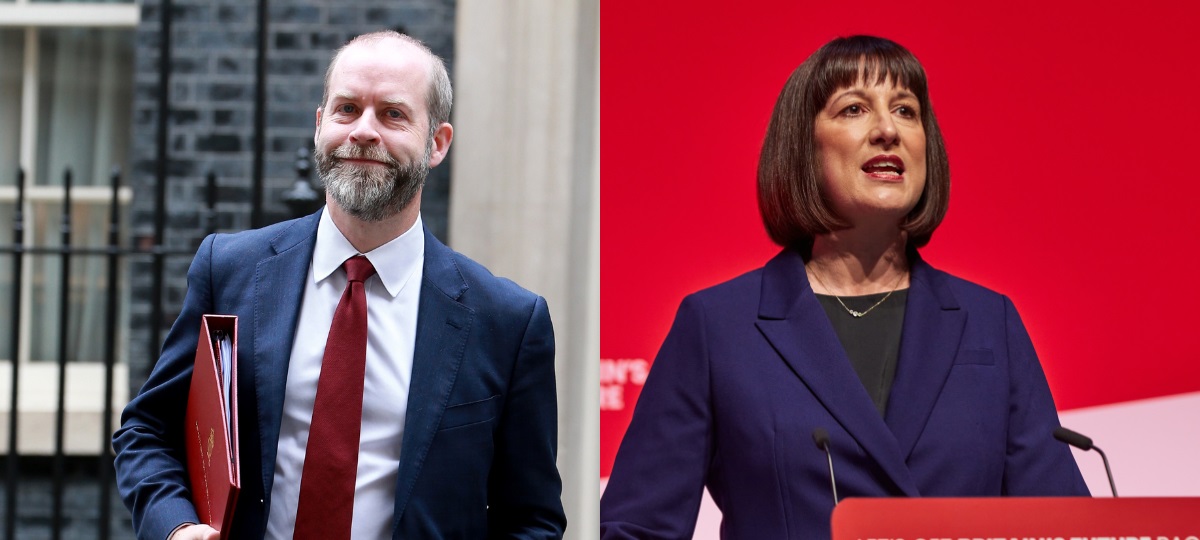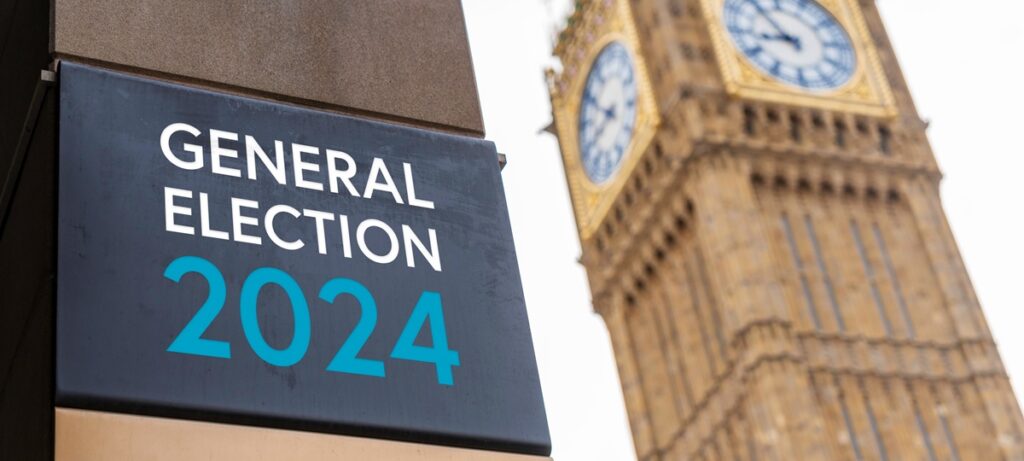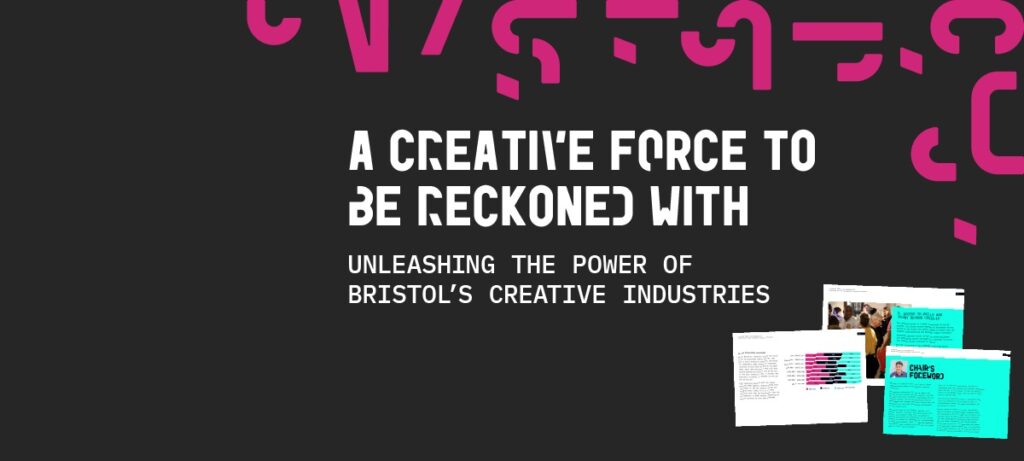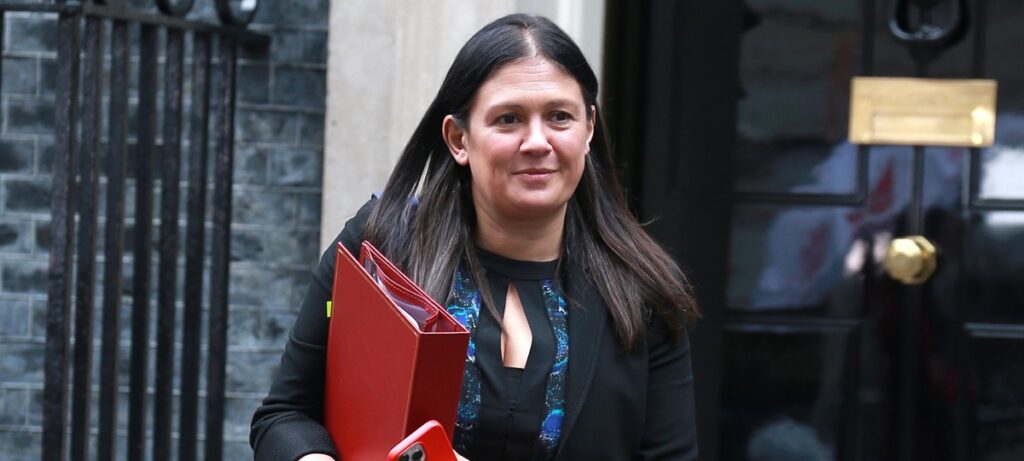
The creatives industries is one of eight sectors of focus in the government’s vision for its new industrial strategy.
Publishing a green paper and launching a public consultation, the government said the strategy’s aim is to “drive long-term growth in key sectors that is sustainable, resilient and distributed across the country”.
In their foreward, chancellor Rachel Reeves and business secretary Jonathan Reynolds say:
“There is rapid change in the global economy, and the case for governments to roll up their sleeves and shape markets rather than step back in the face of these challenges is stronger than ever. To capture the growth the UK so desperately needs, we need a modern industrial strategy to share in the next decade’s growth opportunities.
“This industrial strategy will provide a launchpad for businesses. It provides the firm foundation for investment that businesses have told us they need. This government believes it is our role to provide the certainty that inspires confidence, allowing businesses to plan not just for the next year, but for the next 10 years and beyond.”
The eight sectors the government will focus on are:
Summarising the UK’s creative industries, the green paper says:
“The UK’s creative industries are world-leading, showcasing the best of its creativity and culture to the world. According to UN Trade and Development, the UK is the third largest creative services exporter behind the US and Ireland, worth $87 billion in 2022. Globally, 1 in 10 songs streamed are from the UK.
“The UK is a global centre for screen production, with £4.23 billion in production spend in 2023, of which 78% was from inward investment. According to the Creative Industries Policy and Evidence Centre, the creative industries accounted for 67% of the UK’s digital exports in 2021.
“The sector is expected to grow worldwide, creating further growth opportunities. The sector is highly innovative, attracting significant inward investment and producing goods and services that are world renowned. PwC estimates that the global entertainment and media sector will grow to $3.4 trillion by 2028. Half of global trade is expected to be digital by 2050.
“To enable growth in the sector, the government will leverage UK creative industries’ global comparative advantages by unlocking private investment, boosting exports, and developing its highly skilled workforce. The government needs to ensure that the UK sector remains globally competitive as a home for world class talent while maximising access to important markets to tour and collaborate.
“The sector plays an important role in driving growth across regions and nations, through creative clusters and corridors across the country that spread opportunity and prosperity in communities, as well as driving growth by enhancing access to skills, spillovers, and knowledge sharing.”
Skills is a key area of focus for the government, with the green paper saying “the UK has a skills mismatch greater than many peer economies, with 10% of businesses reporting at least one skill shortage vacancy”.
It said the skills needs of employers vary according to their sector and geography, with one example given being the creative industries sector needing workers with skills in digital, design and data.
A key focus at Bristol Creative Industries is boosting workforce diversity in creative businesses and helping to grow the talent pipeline for our members through initiatives such as our groundbreaking Bristol Creative Industries Internship Programme with social enterprise Babbasa and Bristol-based agencies.
A core objective of the government’s industrial strategy is “unleashing the full potential of our cities and regions by attracting investment and creating the best environment for businesses in them to thrive”.
The green paper highlights areas where focused clusters already exist and have potential for growth. One of those mentioned is digital industries in Bristol.
The government is running a public consultation on the industrial strategy until 24 November.
We are interested to hear ideas for how the Bristol Creative Industries community think the creative sector should feature in the final industrial strategy. Send your ideas to Dan Martin.
Ahead of the 2024 general election, several BCI members told us how they would like to see the new government supporting creative businesses. Here are some of the responses:
“The creative industry faces two significant challenges: attracting and retaining skilled talent and securing financial support to facilitate investment and growth in a challenging economic environment.
“Many creative businesses are small and agile, enabling them to deliver results with minimal resources. However, for these businesses to reach their full potential, the next government must acknowledge the creative sector’s value and contribution to the UK economy and provide tangible support.
“That means offering tax incentives to small businesses and startups, increasing access to loans and grants – and not just for R&D – expanding and supporting creative apprenticeship programmes, and providing business support programmes specifically tailored for small and creative businesses.
“Finally, we need greater market visibility and opportunities to access national and international trade.”
Catherine Frankpitt, Strike Communications
“To continue building the creative sector, further focus needs to be placed on education, advocacy, and innovation, ensuring the sector not only survives but thrives in a rapidly changing world.
“Education is where it begins. The government must recruit and keep inspirational teachers who can inspire and cultivate the future generation of creative individuals. Quality educators play a crucial role in motivating students and equipping them with the necessary skills to excel in creative industries.
“It’s also crucial to advocate for the creative industry and change outdated perspectives to promote diverse career paths. Traditional career guidance often emphasises professions like policing or accounting, while overlooking the numerous opportunities available in creative industries. It’s important to shift this discussion in educational institutions, as well as with parents and the community, whilst showcasing success stories and the economic potential of creative careers.
“Innovation is at the heart of the UK’s creative accomplishments. For instance, consider Sir Tim Berners-Lee’s creation of the World Wide Web or the iconic design of the Mini car. These examples illustrate the UK’s leadership in problem-solving and generating new ideas. To continue this momentum, the government needs to provide support to creative start-ups, allocate funds for arts research and development, and promote collaborations between businesses and creative professionals.
“So, let’s remember what we’re good at as a nation, continue to nurture it, and constantly innovative, to remain at the global forefront of creativity.”
Ryan Wills, Taxi Studio
“The UK represents vast untapped potential for creative businesses. For young people, entry into the industry remains something of a closed shop, achieved via well-trodden paths. Any efforts to broaden these pathways are largely driven by charities or pro bono work by smaller businesses. So we’re undoubtedly missing out on millions of incredibly talented people, and they’re missing out on what could be exceptional careers.
“The incoming government should invest meaningfully in giving the next generation more exposure to what our industry can offer, and easier access to financial and professional support that would make a creative career a viable option for all, regardless of background. Then let’s see what we could achieve!”
Ailsa Billington, Proctor + Stevenson
“We are strong advocates that the next government must focus on digital skills education to help prepare our future creative industry workforce. We see investment in digital and AI education, skills, initiatives and training will be crucial for businesses like ours, so we can recruit exceptional talent for the future.
“We believe the next government must also foster collaborations between educational institutions and industry, to help bridge skills gaps and by investing in these, the government can empower and future proof the creative sector to help drive economic growth.”
Tom Vaughton, Varn
Bristol Creative Industries is the membership network that supports the region's creative sector to learn, grow and connect, driven by the common belief that we can achieve more collectively than alone.

General Election 2024: What creative businesses want from the next government and what the parties have said about the creative industries

A creative force to be reckoned with: Unleashing the power of Bristol's creative industries

Culture secretary pledges to 'put arts, sports and music back at the heart of our schools and communities'
You need to load content from reCAPTCHA to submit the form. Please note that doing so will share data with third-party providers.
More Information